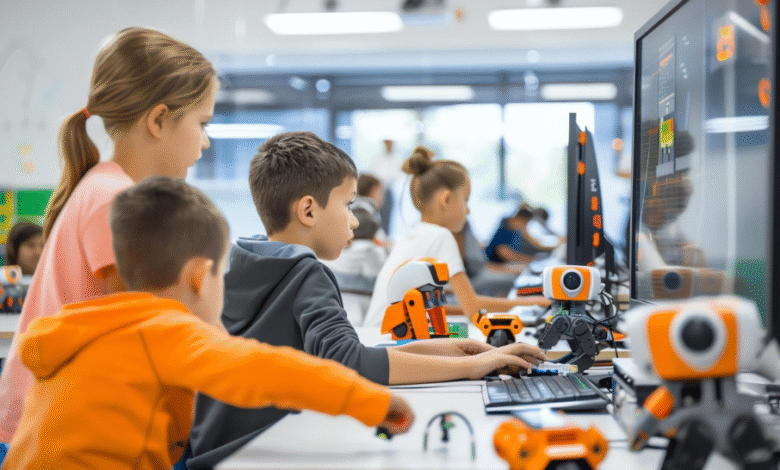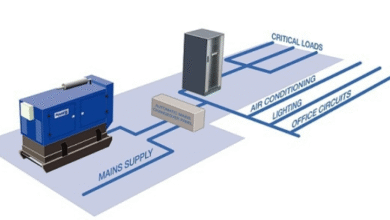How Tech Innovations Are Shaping the Future of Education

Tech innovations are fundamentally altering the landscape of education. Artificial intelligence enables tailored learning experiences, while virtual reality provides immersive environments that enhance comprehension. Online platforms facilitate access, breaking down traditional barriers of geography and time. As these technologies evolve, they challenge conventional pedagogical approaches, prompting a shift toward more active student engagement. This transformation raises important questions about the future of educational practices and their implications for learners worldwide.
The Rise of Artificial Intelligence in Education
As educational institutions increasingly integrate technology into their curricula, the emergence of artificial intelligence (AI) has begun to transform traditional teaching methodologies.
AI Tutors provide personalized learning experiences, catering to individual student needs. Additionally, adaptive assessments allow educators to analyze performance in real-time, adjusting instructional strategies accordingly.
This innovative approach not only enhances engagement but also fosters a sense of autonomy in learners, promoting a more liberated educational environment.
Virtual Reality: Transforming Learning Experiences
While traditional classroom settings often limit students to passive learning experiences, the introduction of virtual reality (VR) in education has the potential to revolutionize how knowledge is absorbed and retained.
By creating immersive environments, VR fosters enhanced engagement, allowing learners to explore complex concepts interactively.
This innovative approach not only empowers students but also nurtures critical thinking skills essential for navigating an increasingly digital world.
See also: How Smart Homes Are Becoming More Secure With Tech Advancements
The Impact of Online Learning Platforms
How have online learning platforms reshaped the educational landscape?
These platforms enhance online accessibility, allowing diverse learners to connect with educational resources beyond geographical constraints.
By fostering interactive engagement, they encourage collaborative learning experiences, breaking traditional barriers.
As a result, students are empowered to take ownership of their education, cultivating a more inclusive and dynamic learning environment that aligns with a desire for freedom and autonomy.
Personalized Learning Through Technology
The rise of online learning platforms has set the stage for a more tailored educational experience, where personalized learning through technology takes center stage.
Adaptive assessments facilitate individualized pathways, allowing students to progress at their own pace.
Coupled with learning analytics, educators gain insights into student performance, enabling them to customize instruction and foster a more engaging, liberated learning environment that meets diverse needs.
Conclusion
In conclusion, the integration of technological innovations in education acts as a catalyst, much like a spark igniting a wildfire of knowledge and engagement. As artificial intelligence, virtual reality, and online learning platforms become increasingly prevalent, they foster personalized learning experiences that cater to diverse student needs. These advancements not only enhance educational accessibility but also promote a shift towards active participation, ultimately preparing learners for a dynamic and interconnected digital future.




